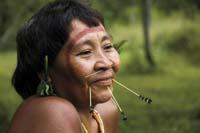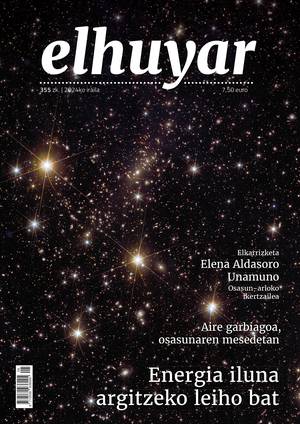Society at the core

The person is basically an animal. From the point of view of human ethology, behavior distinguishes the human being from other animals and, more specifically, the brain that has made this behavior possible and its ability to adapt to the environment in which it lives.
However, if you want to decide what differentiates the man from other animals, the first thing you need is to decide between who the comparison will be made. Among the animals, chimpanzees, typical chimpanzees and bonobo are usually caught, because they are the species closest to the human being in evolution and their capacities are in principle closer to the human being.
Once man has stood by the chimpanzees, one can speak of the greatest works of man: he writes symphonies, does great engineering work, has reached the Moon... and so on. But, according to psychologist Eduardo Fano, "we still see the clearest difference by removing everything around us." Therefore, it proposes the following societies of hunter-gatherers for comparison: yanamoak, hadzak, boskimanoak, acheak, etc., that is, peoples closer to nature, without writing and without that cultural overlap of modern society.
Culture no, brain
Culture distinguishes human beings from other animals, according to anthropology and many other scientific fields. But, according to Fano, from the point of view of psychobiology, there are animals with culture or cultural behavior. "If culture is a body of information that can be transmitted, that is not written in genes and that helps the individual and the species in their life, then the chimpanzee also has it. And if we don't want the chimpanzee to enter that group, we have to adapt the definition of culture." Therefore, it does not consider that culture is really characteristic, but it is the processing system, the brain, that has allowed that culture.

The question is what characteristics of the brain, what capacities of man really distinguish from the chimpanzee. For Fano, these capabilities are three: language, the ability to manipulate things and one that fully refers to his area, the ability to build the theory of intelligence.
The ability to build theories of the mind is one of the fundamental pillars of social cognition. It is something a person does every day without any difficulty. Each person has in mind a theory about what another thinks. The experiences, the relationships, what they have told him about him... has, after all, his internalized history, and acts accordingly. "We do all this every day, without problems. I have to build a theory of the intelligence of others, and I have to know what probability you have of acting in one way or another according to the data I have. And human beings have that capacity and there is doubt whether or not chimpanzees have."

To demonstrate that chimpanzees have intelligence theory, several tests have been performed in the laboratory. Studies by primatologist and ethologist Frans de Waal show that chimpanzees are able to deceive, make calculations... "But when rigorous experiments have been done, they have sometimes failed and there is some controversy. I think they have," explains Fanok, "because from there they build the capacity to live in a complex society, but it is difficult to demonstrate." Precisely this human capacity, the construction of theories of intelligence, is the result of living in society.
"Until very recently we have lived in communities of 50-100 people, more or less," says Fanok, "and for this we have only two capacities: to build with language --syntactic and grammatical- and a model of the behavior of the other". If we add to them the tools and their ability to manipulate the environment, the interaction of these three factors strengthens each other, achieving greater capacity. "They create a spiral; from the moment we develop the language, our knowledge and information can accumulate in the brain and, in the next step, when they appear and write, that culturality explodes."
That is why it is so interesting to use as a model a people that has no writing, "if we go to the tribes closest to nature, we have to see what differences they have with the cultures of chimpanzees; to that we must look, because those tribes are also human beings, and everything that has been built afterwards does not make us more human."





